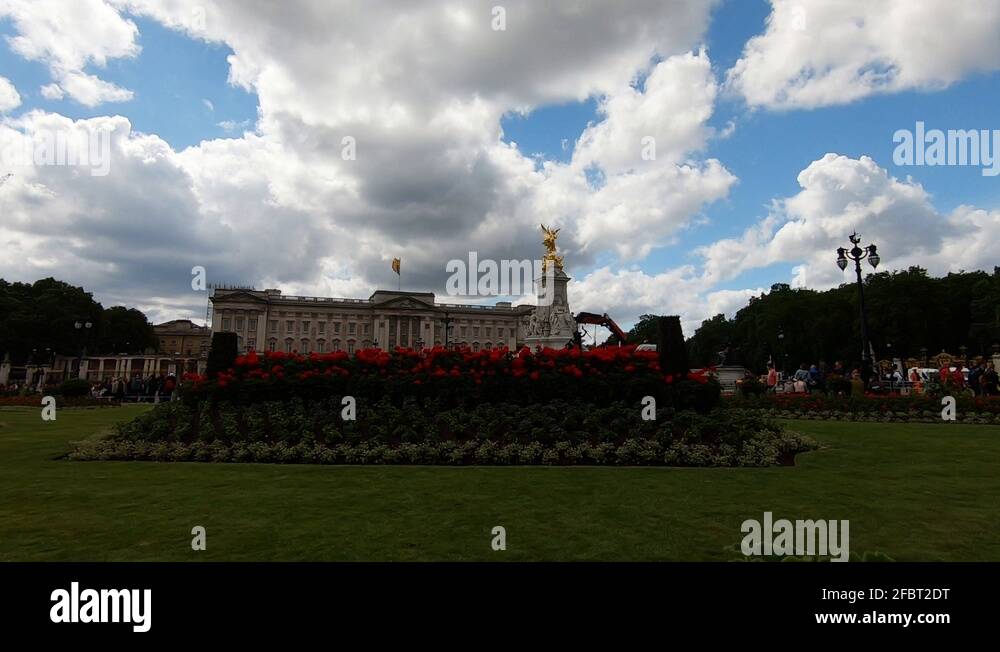
I am someone who is emotionally stable, not easily upset.Participants indicated their agreement with more than 100 statements such as: We asked participants if they had “stockpiled”, and how much, in response to COVID-19, as well as questions about their income, education attainment, attitudes and personality. We recruited our 600 participants via consumer-survey company Pure Profile, which ensured our sample was representative of the Australian population. They are likely to be less cooperative and considerate of others. Stocking up on items gives them a sense of security in one part of their lives. These findings suggest panic buyers are likely to feel a lack of control in their lives and worry more about COVID-19. Those less agreeable, more anxious and less able to cope with uncertainty were more likely to panic buy. A number of personality traits were also significant predictors. Panic buyers and stockpilers were more likely to be younger and under financial and personal stress. About 6% were continuing to stockpile two months later, joined by an equal number who did not buy in April and feared missing out again.

Our results show about 17% of shoppers admitted to panic buying in April. We’ve surveyed more than 600 Australians, first in April then again in June, about their stockpiling behaviour, attitudes and feelings. The COVID-19 pandemic has given us the chance to ask. That depends on what motivates people to panic buy. She said if there were enough tests available to roll them out more widely, they could serve as a "mitigating strategy" against the current wave of infections.Prime Minister Scott Morrison has called the panic buying “ridiculous”, and previously dubbed it “unAustralian”.īut are admonishments helpful in stopping panic buying? "At this stage, I don't think that would be a problem," she said. Professor Dantas said if rapid antigen tests were made much cheaper, or free, there may be a problem with supply.

"These consultations will inform the Australian government's considerations on where to provide additional targeted support to help Australia reopen and provide the confidence Australians are looking for as we adjust to living with COVID-19." "The department is also consulting with a range of stakeholders, both within government and industry, to identify where support for RAT is of most benefit, particularly in specific use cases and settings of national interest," they said. ( ABC News: Che Chorley) What might happen next?Ī federal Department of Health spokesperson said it was in the process of working with the Australian Health Protection Principal Committee to "develop a nationally consistent framework for the use of RAT (rapid antigen tests)". but continuing to have exposures that then cause them to have to go and test and isolate," he said.ĬOVID exposures are still causing disruptions to many workplaces across the country. "I'm sure many Australians are sitting at home right now, especially in places like Sydney where cases are rising, in fear not just of potentially catching COVID in their workplace.


Mr O'Brien said the cost of subsidising the tests would far outweigh the cost of COVID exposures on individual businesses and wider industries.
#Victoria 2 stockpile buy sell free#
"The cost borne on a worker, we've got to make sure that these are free and accessible for the whole community." "If you're going to start doing that, it becomes extremely expensive for small business," he said. He said an effective rapid testing program would involve testing staff multiple times a week to make sure they were not carrying the virus. The Australian Council of Trade Unions secretary Liam O'Brien called for rapid antigen tests to be made free for all workers, particularly those at small- and medium-sized businesses. Rapid antigen tests only became available for purchase in supermarkets and chemists in November.


 0 kommentar(er)
0 kommentar(er)
